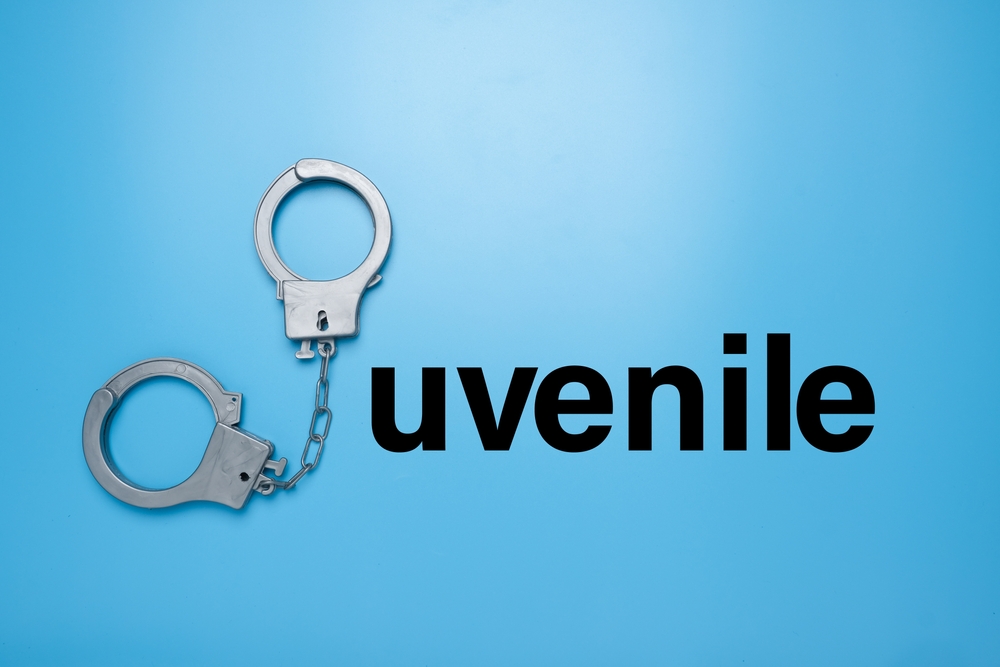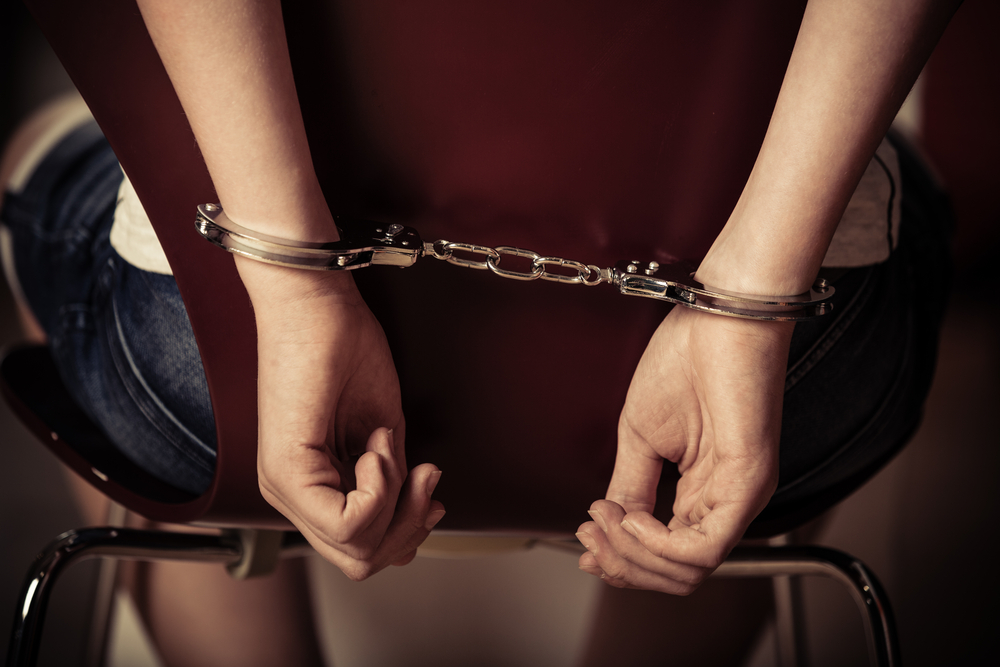
Juvenile offenders, who frequently commit offenses in groups or gangs, present a unique problem to the criminal justice system. Law enforcement officials report that group crimes are growing more violent and less predictable. Police officers responding to such incidents note that they are more likely than adult criminals to use their weapons recklessly and indiscriminately against innocent bystanders.
Depending on the state and its law, there are different types of juvenile offenders. In the following article, your trusted experts for bail bonds will explain the three types of juvenile offenders in CT. Read on!
What are the main types of juvenile offenders?
Many people believe that juveniles convicted of felonies should be charged as adults and receive the same punishments in order to deter children from committing crimes in the future and protect society against further offenses. However, others argue that minors who break laws do not always pose a threat to society and therefore should not be held solely responsible for their actions.
Furthermore, they believe it is important for these individuals to receive help before returning to live with other members of society so that they can learn how to become productive members themselves. Increasing awareness about this issue has led many countries around the world to reevaluate their own juvenile justice systems to find the most appropriate way of handling such cases.
In the United States, each state can determine its own laws when it comes to juvenile crime. In fact, almost 200 different policies have been put in place so far. In Connecticut, a juvenile is a child under the age of 16. The state has three types of juveniles: delinquent, serious and youthful offenders.
Delinquent
Juvenile delinquents are those under age 16 who commit a crime. They’re offenders who commit an offense that would be a crime if an adult had committed it. The state can handle these cases in two ways: through Family Court and Juvenile Court. If the juvenile admits to committing the offense or is found guilty, they may be placed in a diversionary program such as counseling or probation instead of going to trial.
Serious
A serious juvenile offender is any delinquent who is between age 10 and 16 at the time of their offense, committed a violent crime or sexual abuse of a minor under age 13, and has previously committed either a delinquent act or an act as an adult which would have been punishable by more than one year in prison. A person may not be tried as a serious juvenile offender unless they first receive notice that this will be done and is advised by counsel on their rights under this process.
Youthful
Youthful offenders are those between the ages of 14 and 18 when they commit certain crimes. The offenses which qualify a person for youthful offender status are:
- Any class A felony (providing there was no intent to kill)
- Manslaughter (except involuntary manslaughter based on operation of a motor vehicle while intoxicated or reckless driving)
- Assault in the first degree with intent to cause serious physical injury by use of a deadly weapon
- Assault in the second degree with intent to cause serious injury by discharging firearms
- Intentional sexual assault where the victim is under age 16
- Kidnapping for ransom, except child-snatching with intent to hold the victim as a hostage

